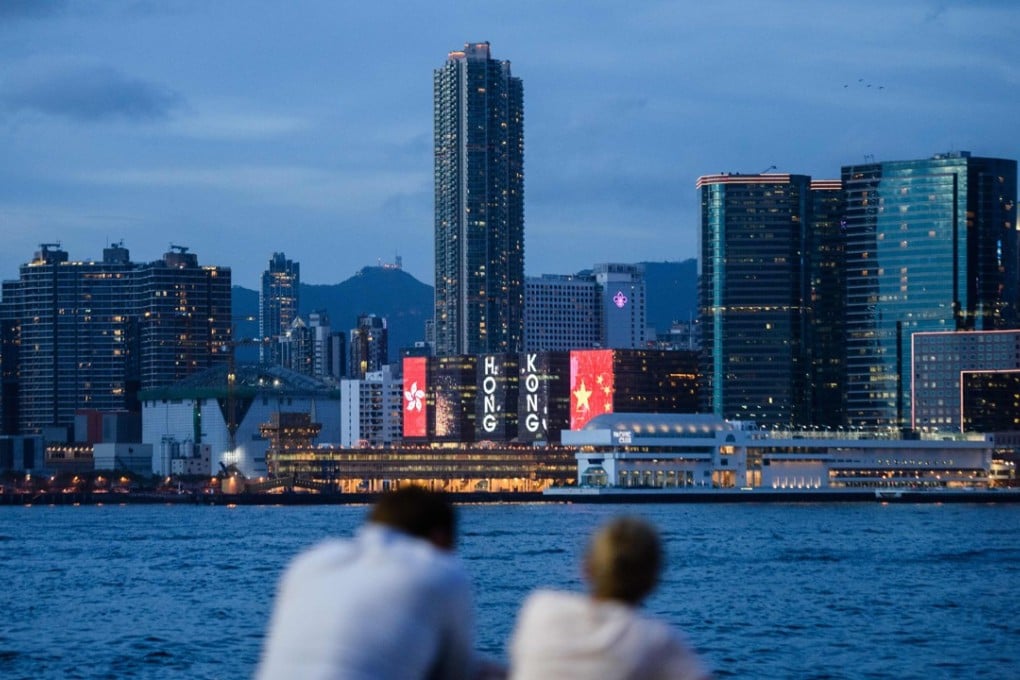A time to regain focus and seize the future
As Hong Kong celebrates the 20th anniversary of its return to China, it is the perfect occasion to leave behind the tendency to concentrate on the past and the present and instead anticipate trends and take the initiative

Today, as Hong Kong celebrates the 20th anniversary of its return to China, there is reflection and optimism. The “one country, two systems” principle under which our city is governed has fared us well, helping us through difficult times to ensure prosperity and growth. But in recent years, there has been a tendency to concentrate on the past and present rather than to anticipate trends and seize on initiatives. There is no better occasion than President Xi Jinping’s visit and the inauguration of new chief executive Carrie Lam Cheng Yuet-ngor and her team to regain focus so that we can push confidently forward.
Those two decades have been eventful, marked initially by a smooth transfer from British colonial to Chinese rule and the successful navigating of the crises of the Asian financial meltdown and the severe acute respiratory syndrome (Sars) epidemic. Our economic strength has soared, along with our famed skyline, tourism numbers and amount of office and retail space. A third airport runway is being built, major infrastructure projects are nearing completion and job figures remain robust. Throughout, we have had the support of Beijing, and, as Xi has made clear, that will continue to ensure growth and well-being.
From the 1970s, Hong Kong thrived through being the world’s window on a closed-off China. Hongkongers were the first investors when the mainland opened up and their entrepreneurial spirit propelled our city’s growth. But China’s rapid rise has enabled direct access for foreign companies and our pillar industries of financial services and trade and logistics are now under threat from competing mainland cities.
Lam’s administration also faces social challenges, with a lack of affordable housing, poor job prospects for the young, a fast-ageing population and growing inequality top of the agenda. Additionally, there are the political hot potatoes of universal suffrage and national security legislation.
Only with the return to Chinese sovereignty has there been the possibility of Hongkongers governing themselves. But while the quest for democracy is growing, it can be attained only under the framework laid out in the Basic Law. Essential to that goal is building mutual trust between Beijing and Hong Kong and all involved being pragmatic.
But Hongkongers have to also look outward to stave off economic stagnation. Beijing has already provided solutions through the Greater Bay Area development plan linking Hong Kong with Shenzhen, Macau and other Guangdong cities and China’s ambitious global infrastructure and trade project, the “Belt and Road Initiative”. That way, as we look to the future, we have every chance of maintaining our competitive edge and improving circumstances.
